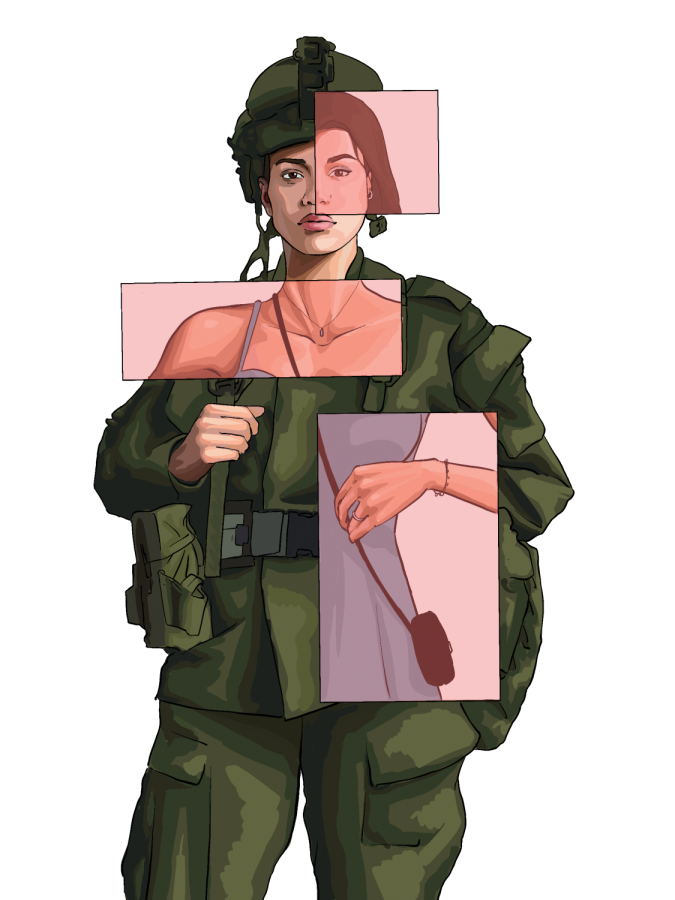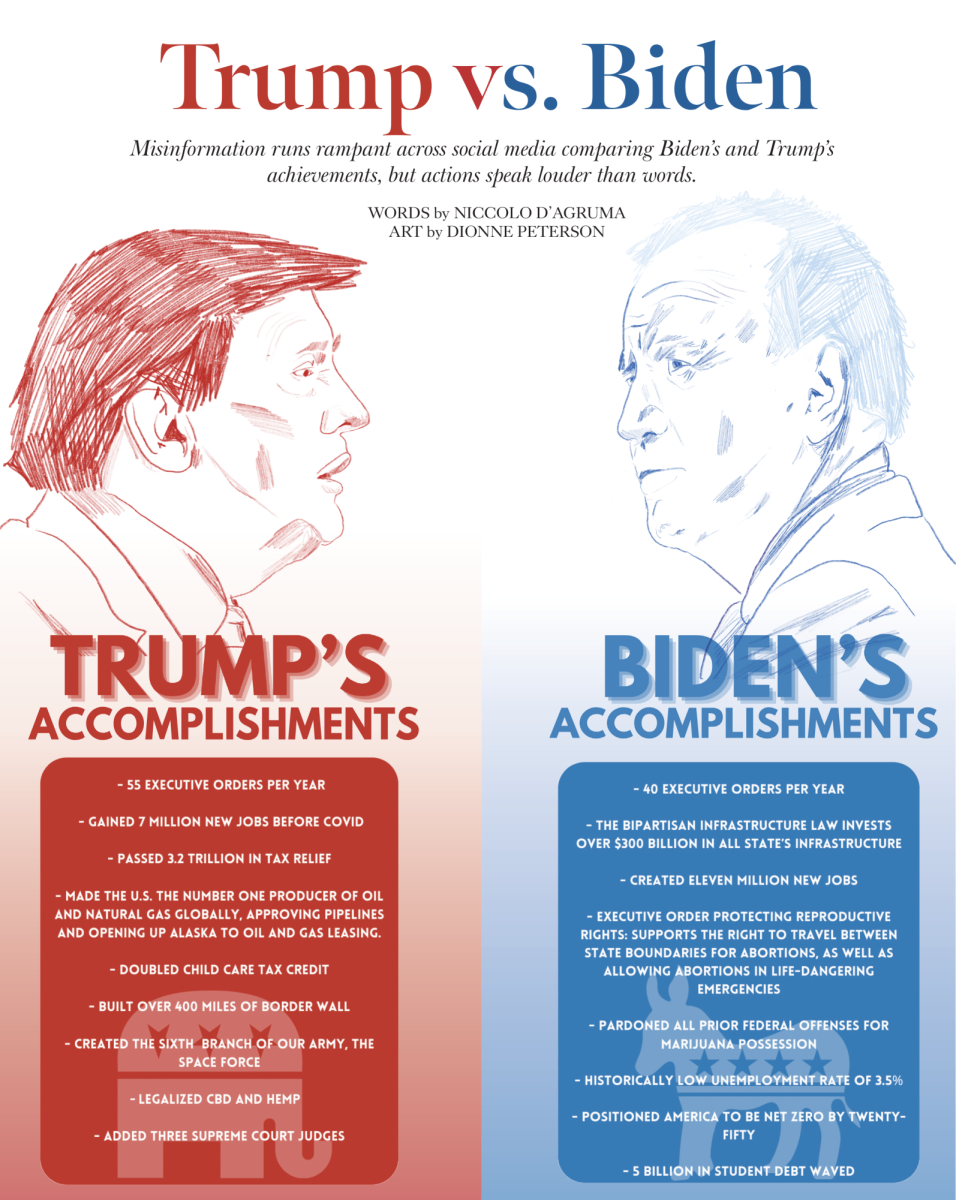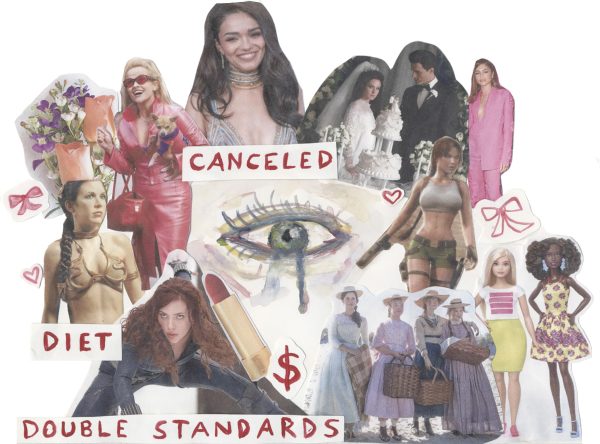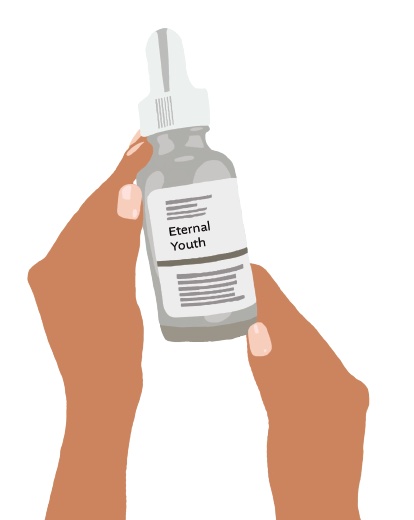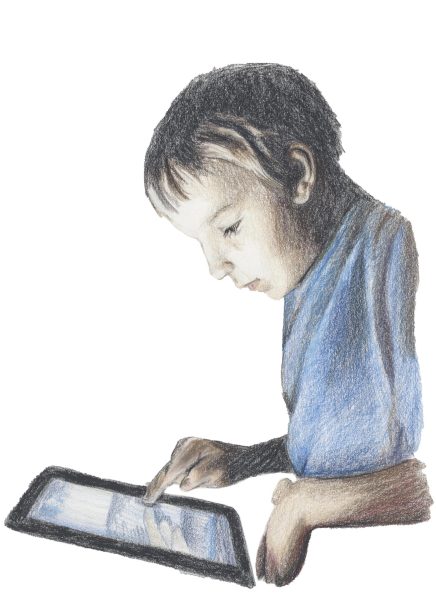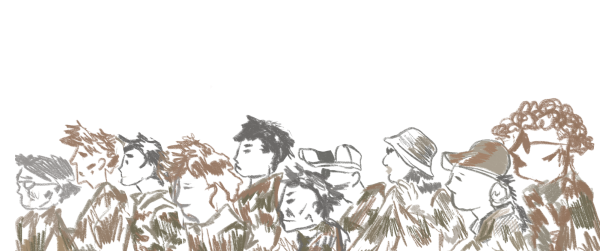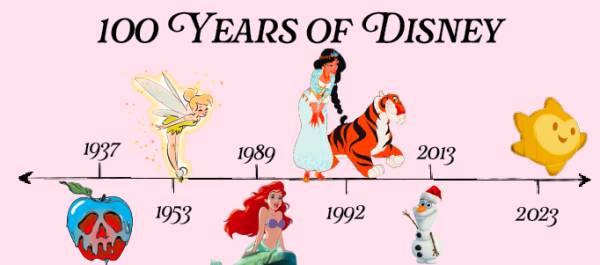The ROUGH Draft
For 150 years, the United States relied on the draft to strengthen the military. Recent debate has questioned the morality of the draft.
March 7, 2022
Nearly every American male must register for the Selective Service within a month after his 18th birthday. The Selective Service, more commonly known as conscription or the draft, is a government bureau separate from the Department of Defense in charge of drafting soldiers into the armed forces.
The draft isn’t currently in place, but it’s in place for when the United States needs to conscript soldiers to fight. The U.S. draft has been controversial since the government first implemented it during the Civil War in 1863.
According to the Selective Service System website, the draft has been used on and off again in United States’ history: WWI, WWII, the Cold War, and the Korean War.
The most controversial use of the draft was during the Vietnam War. The draft faced significant backlash in the form of anti-war protests. Twenty percent of soldiers in the Vietnam War were drafted, amounting to more than 1.8 million men.
In the mid-seventies, draft registration was suspended after the Vietnam War but was reinstated once again in 1980. This was one of the first instances when the morality of the draft was seriously questioned.
Currently, all able-bodied American men ages 18-26 who are not incarcerated are required to register for the Selective Service. It is a felony not to register. There are extreme consequences for avoiding the process, including up to five years in prison or a $250,000 fine.
The official Selective Service System’s website says its mission statement is, “To register men and maintain a system that, when authorized by the President and Congress, rapidly provides personnel in a fair and equitable manner while managing an alternative service program for conscientious objectors.”
But is this system fair and equitable? Is it ethical to pull people out of their lives, away from their families, to risk their lives fighting for a cause in which they have no say?
The U.S. draft forces people into violence—including teenagers whose lives have hardly begun. It risks lives and causes severe, lifelong trauma. The system is outdated and inequitable because it only applies to men. The inherent misogyny of the draft has existed since its origin.
While someone who is 18-years-old is technically a legal adult, they are still a teenager. There are 18-year-old students at Laguna who are registered right now.
Is forcing teenagers into the military moral?
At 18, “You’re still developing, you’re still young, your brain isn’t fully developed, you haven’t hit your physical prime yet, so it’s early,” said Social Science chair, Kevin Shertzer. “I don’t think they understand what they’re signing up for.”
Sixty-two percent of students interviewed could not come up with a reason why they would voluntarily join the military. It is no doubt terrifying for people to sign up to potentially risk their life and end others’.
The trauma from being pulled to fight in a war is significant. The National Council for Mental Wellbeing reports that 30 percent of active military personnel have a mental disorder and need mental health treatment.
The disorders include PTSD and extreme depression. According to the report, it is estimated that 22 veterans commit suicide every day.
“I don’t think it’s a thing the government should force anyone to do or have the power to do,” Shertzer said.
The Selective Service’s mission statement only includes men. As of January, the Selective Service does not require women to register for the draft.
This is a subject of much debate in the United States. Seventy-five percent of interviewed students believe women should be required to register, while 25 percent believe the law should stay the same.
The leading argument for pro-female registration is equal rights. Women have worked far to be treated equally yet still face discrimination.
“I think that in order to achieve global equality, as well as equal pay, gender rights, and all other things associated with that, that women should have a draft number,” said senior Mike Janey.
On the other hand, because the draft is so harmful and outdated, should it be opened up to all people?
“It’s simply not feminism to be forced to fight imperialistic wars that oppress other women across the globe,” said junior Luca D’Agruma.
Additionally, the staggering rate of sexual assault in the U.S. military further exemplifies this issue of inequality.
PBS NewsHour reports that an estimated that 20,000 military service members are sexually assaulted every year. While men are often victims, women are affected at a much higher rate.
According to Melinda Wener Moyer of The New York Times, one in four women in the military have reported experiencing sexual assault, and more than half report sexual harassment.
It is important to note that when the Selective Service uses the word “men,” it’s in reference to people assigned male at birth.
The Selective Service System explicitly states, “Individuals who are born male and changed their gender to female are still required to register. Individuals born female and changed their gender to male are not required to register.”
The fact that the draft only applies to cisgender men is a glaring example of the inequality that still exists in the Selective Service System.
“It’s disrespectful and completely outdated to stereotype and categorize people as the gender that they were when they were born,” Mike said.
Draft expansion is no distant hypothetical. A bill was introduced to Congress in September that would require all Americans to register for the Selective Service if it’s passed, which could happen as early as 2022.
Military service can cause extreme psychological and physical harm from fighting in combat, witnessing death, and sexual assault. The current draft system has not adapted with modern social and personal changes.
Regardless of stance on whether or not the draft should be expanded, it is evident that this outdated system needs significant modifications to remain relevant in this rapidly evolving society.



